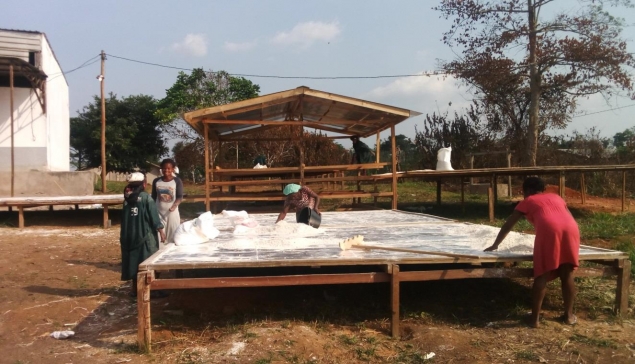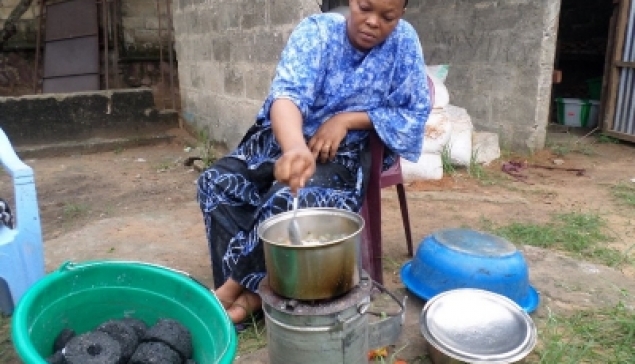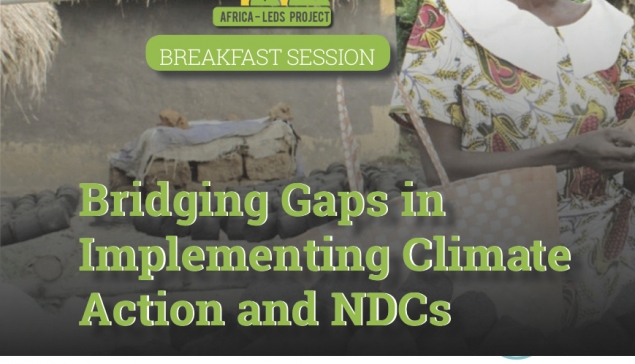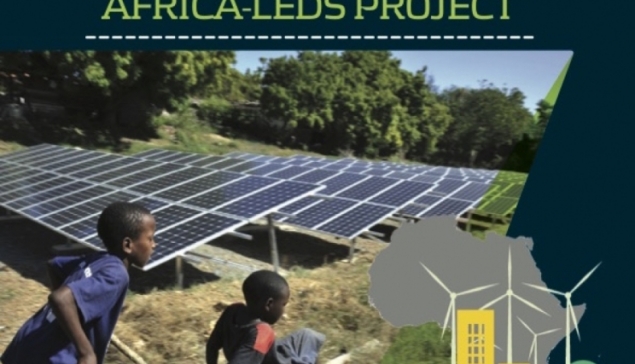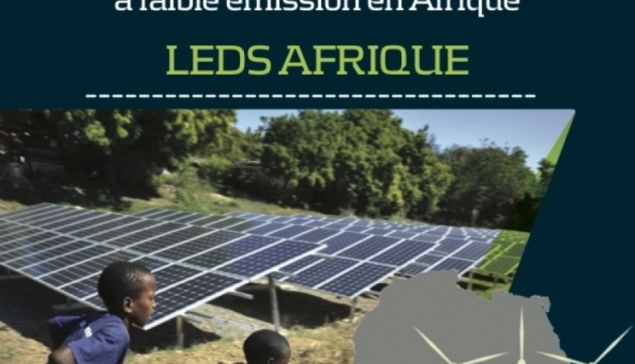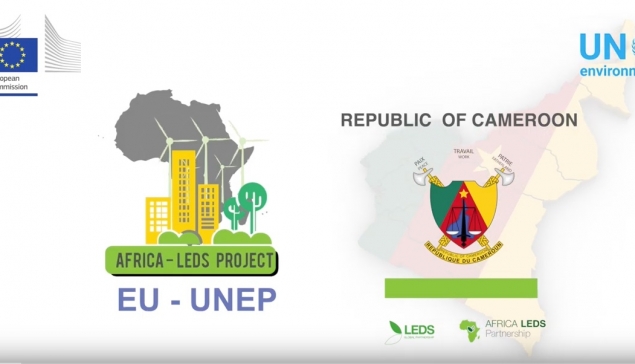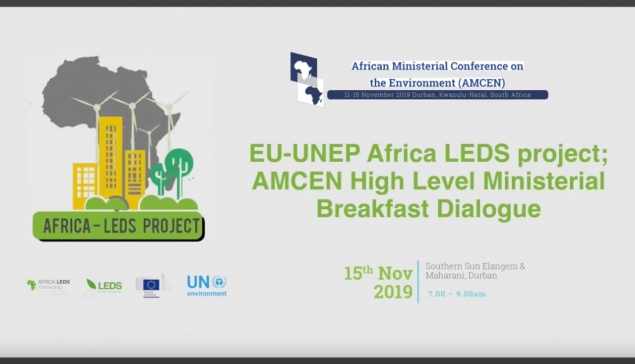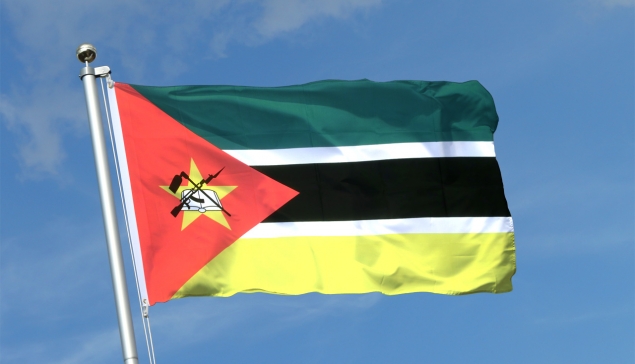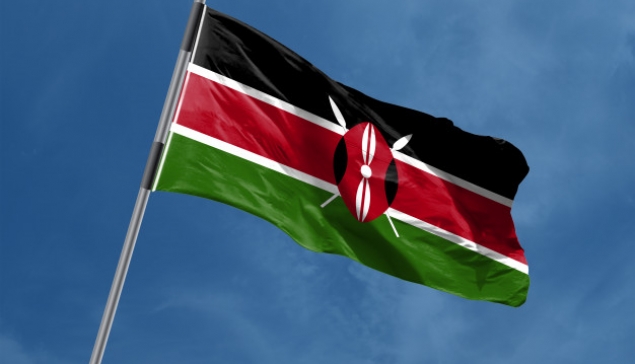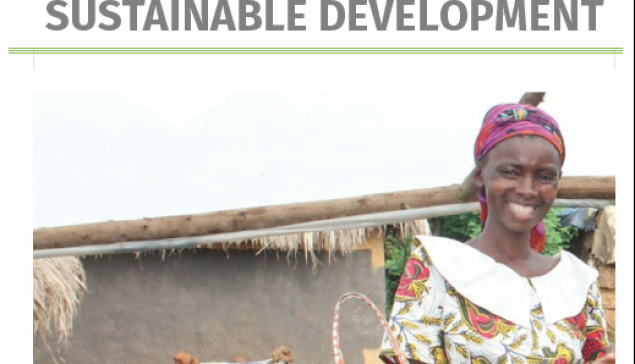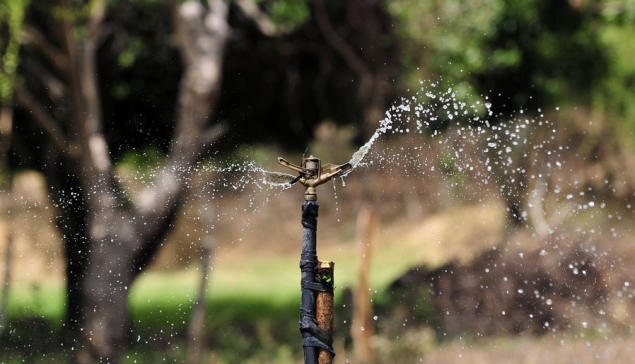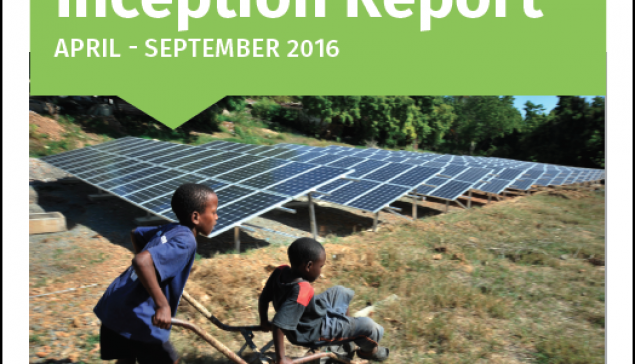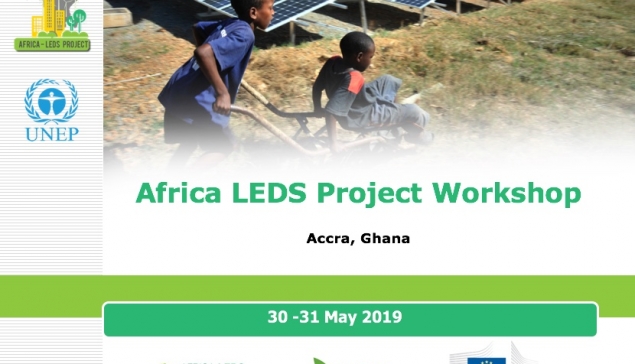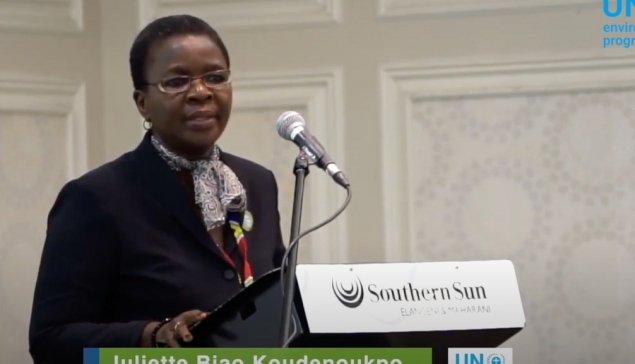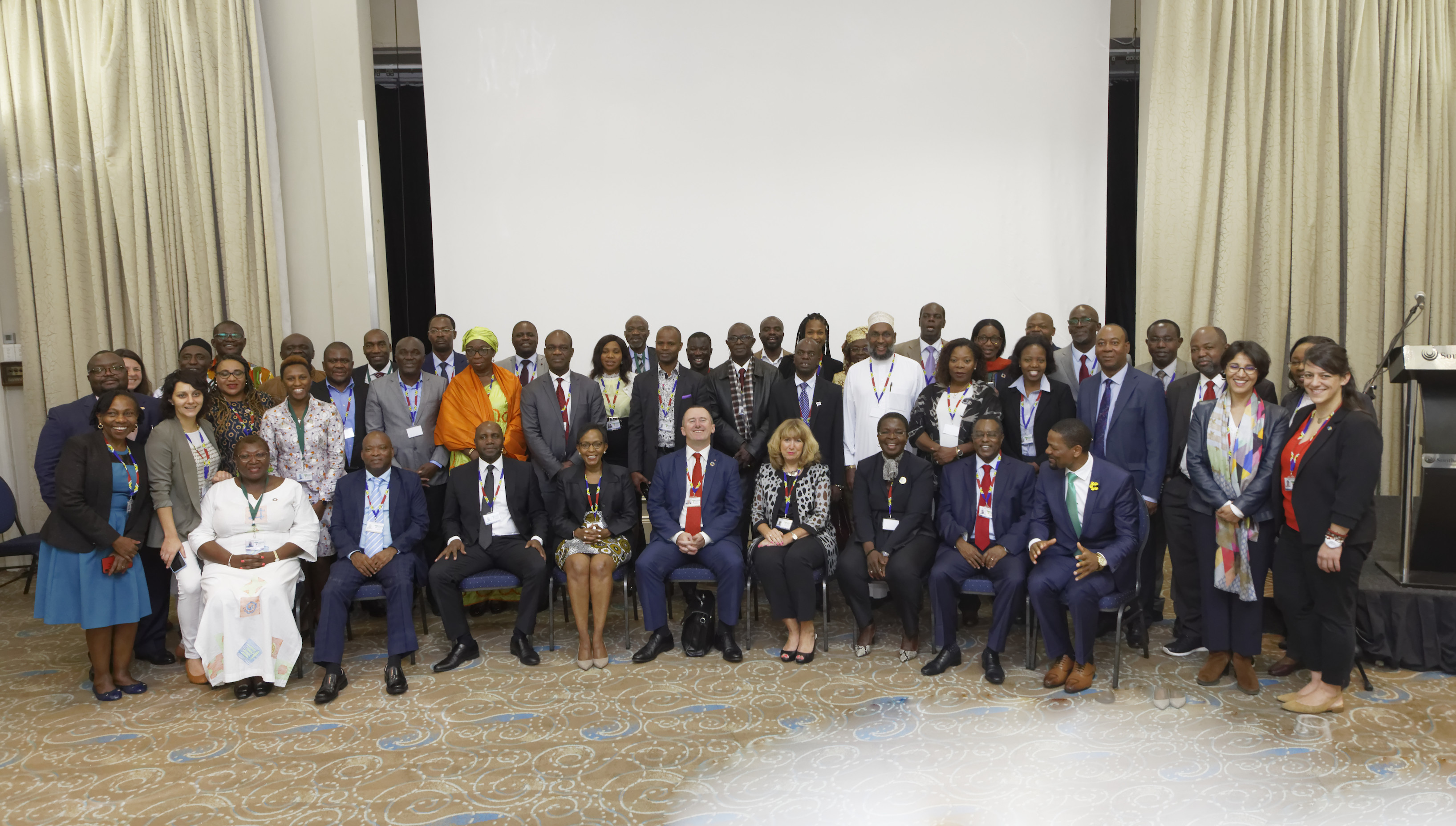Countries should create enabling environment to attract Low Emission investments
Governments across Africa have been called upon to create an enabling environment for investments in low emission development to ensure that Nationally Determined Contributions (NDCs) become an additional tool in the quest for accelerated socioeconomic progress.
Participants gathered at a European Union (EU) and United Nations Environment Programme (UNEP) EU-UNEP Africa Low Emissions Development (LEDS) project high level ministerial breakfast on 15th November 2019 shared results, lessons, successes and innovations of the project and how it can be scaled up to unlock continental level investments in implementing country climate action commitments.
The breakfast meeting was held in the margins of the 17th ordinary session of the Africa Ministerial Conference on the Environment (AMCEN).
This came in the backdrop of Africa leading among regions with highest rates of ratification of climate action commitments under the Paris, and with an urgent need to smoothen out implementation pathways in the context of prevailing socioeconomic priorities. The Africa LEDS project is a flagship initiative that has demonstrated how countries can establish a structure for optimal implementation where both climate and socioeconomic benefits are maximised.
Key stakeholders were in attendance with representatives of countries that implemented the project; all AMCEN Member States, a representative from the European Union – which financed the project, representatives from the African Union as well as the United Nations Environment Programme; the lead implementer.
Speaking on behalf of Cameroon, Secretary General in the Ministry of Environment, Ms. Prudence Galega, noted that through the project, the country’s capacity for bridging science-policy- implementation gaps in NDCs implementation was enhanced on multiple levels. With the project demonstrating the enterprise opportunities of climate action and NDCs in sectors beyond the environment, such as ICT, and which engages most youth, the project attracted participation of this critical demography. The project was now informing development planning at both national and sub-national levels where the government is actively implementing reforms on decentralised development.
Zambia’s representative from the Ministry of Water Development, Sanitation and Environmental Protection, shared that the project supported the country to put in place a modelling and policy structure that will ensure NDCs optimally drive realisation of their socioeconomic imperatives. He added that this has been taken up by the council of ministers as provided for in the Zambia National Policy on Climate Change and that the results are on track to inform updates to their NDC commitments especially in small-scale renewable energy and forest regeneration. Through the project, Zambia’s capacity for bridging science – policy – implementation gaps had been enhanced by ensuring that what environment stakeholders do informs and contributes to mainstream socioeconomic development in the country.
Ghana’s representative noted that the country has established a modelling structure to objectively inform investments of the country’s ongoing policy trajectory of clean cooking. He noted that such a trajectory has potential to ensure Ghana recovers at least 12,000 ha of degraded forest lands every year, sequester 85% more carbon and generate over 6 million direct jobs up to 2030. He noted that adoption of clean cookstoves and its reduction of indoor pollution was projected to reduce deaths by over 1,400 per year by 2030.
Representatives from Cote d’Ivoire, Kenya, and Mozambique spoke, each lauding the EU-UNEP Africa LEDS project for enhancing the capacity of their respective countries for bridging science-policy-implementation gaps towards ensuring NDCs implementation unlock socioeconomic benefits prioritised by the countries.
In thanking the European Commission (EC) for investing in low emissions development in Africa and UNEP for its technical support, countries called for the urgent need to replicate successes of the Africa LEDS project continentally as the framework for NDCs implementation in Africa.
Ms. Astrid Schomaker, Director for Global Sustainable Development representing the EC thanked UNEP for its technical support to Member States lauding the countries for their participation in the project. Noting that NDCs implementation can become strategic for much needed enterprise development and industrialization in the African region and indeed the globe, she added that this can come with the critical added advantage of not following high carbon development pathways. This, she observed, was not easy but was achievable with a critical component to this end being analytical models, tools and strategies to inform optimal investment policy decisions. Thanking the countries for demonstrating this possibility, she pledged that such demonstration of tangible socioeconomic and enterprise benefits of NDCs was a major incentive for continued EC investment in low emissions development in the continent.
On her part, UNEP Deputy Executive Director Ms. Joyce Msuya thanked countries for implementing the project and the EC for its partnership that goes beyond projects to strategic level engagement of Member States. Ms. Msuya noted that to support transition of successes of the Africa LEDS project from project level towards scaling up, where it becomes a framework for NDCs implementation, it was important to examine how to get there. She observed that such a transition required clarity in establishing what worked and what did not work, adding that appreciating the differing country contexts was critical to scaling up these successes across the continent.
Through this ministerial breakfast, the “Accra Action Agenda on Low Emissions Development Strategies (LEDS) For Africa” adopted by state and non-state actors from project and non-project countriesduring the project close-out meeting was affirmed.
https://www.africaleds.org/index.php/meddia/84-news/190-eu-unep-africa-leds-amcen-breakfast#sigProId2801710ad6



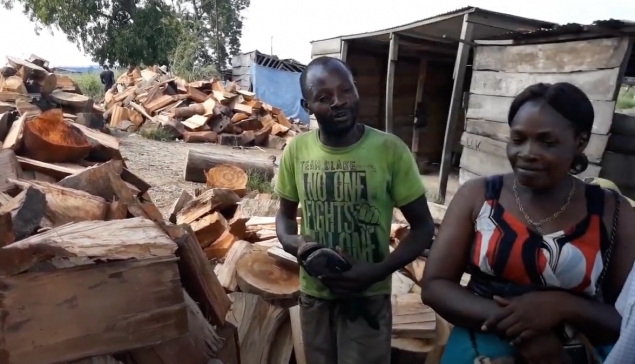
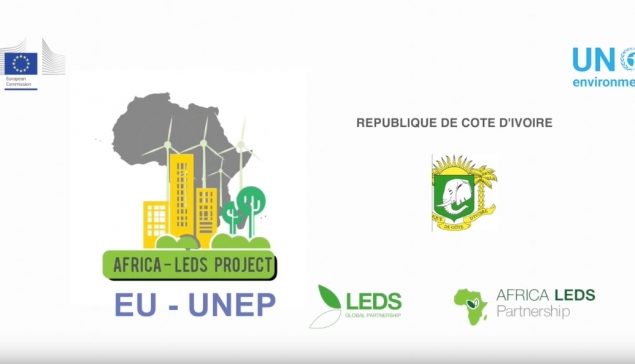


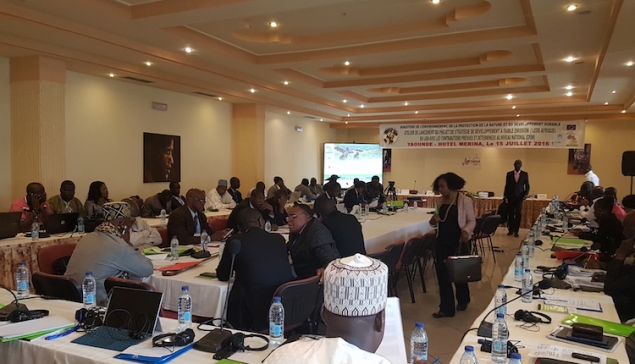
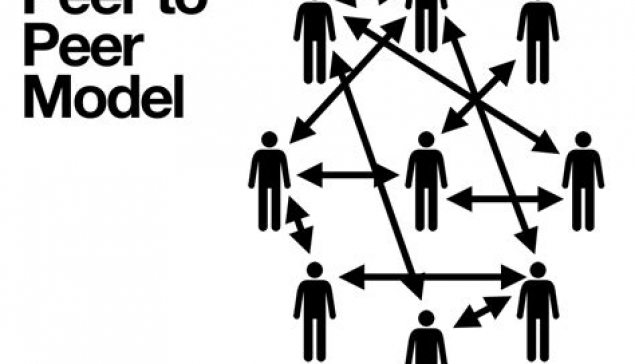

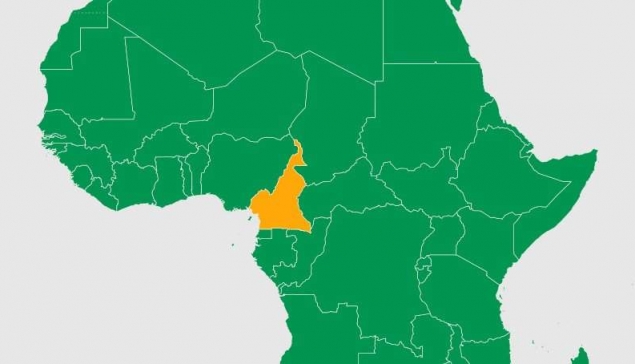
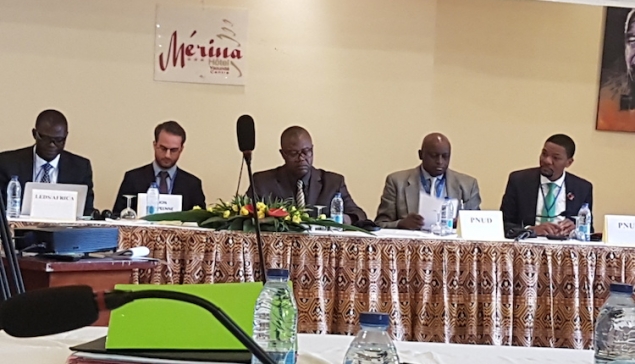
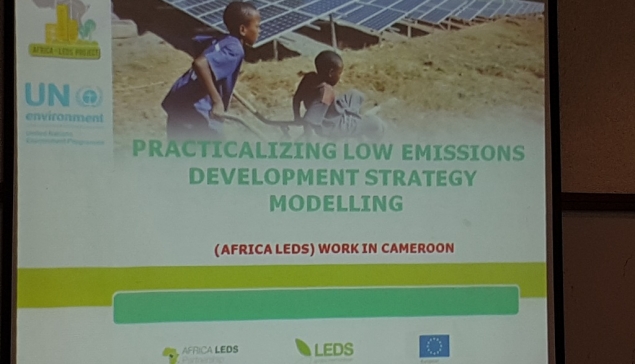
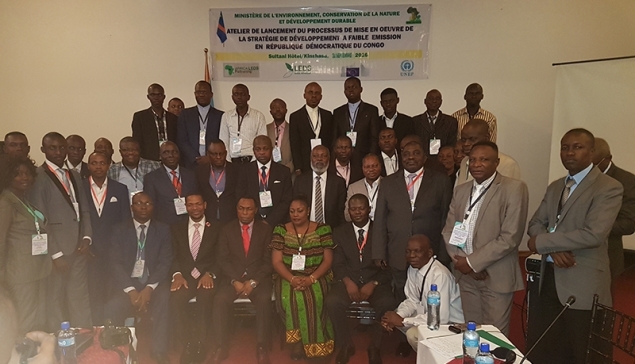
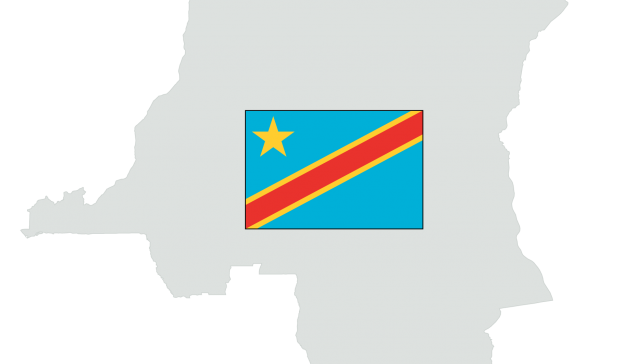
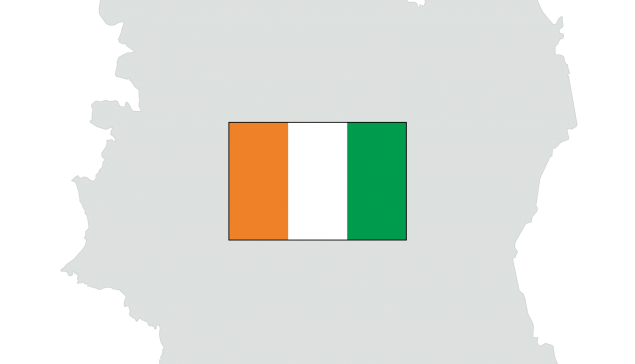
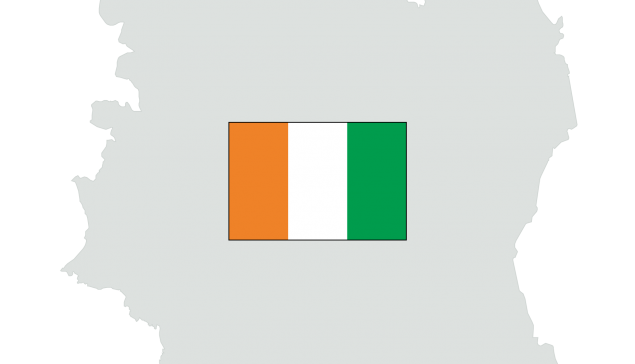
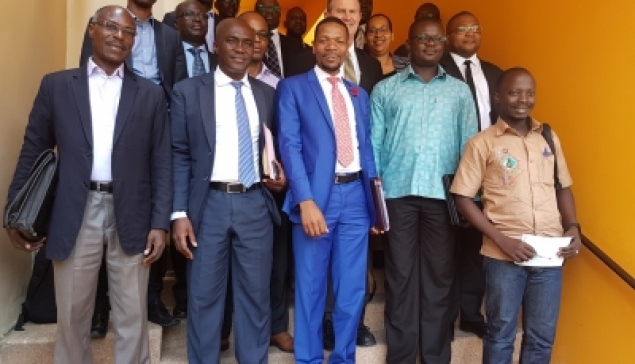
_large.jpg)
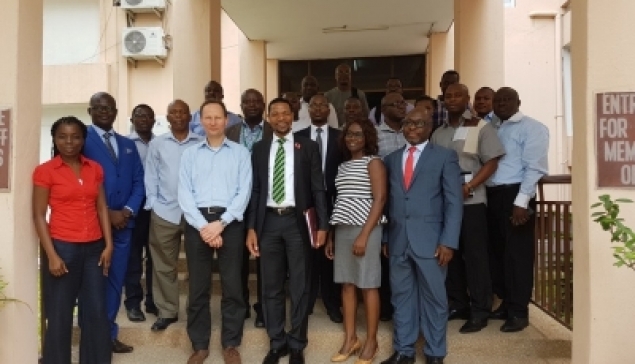
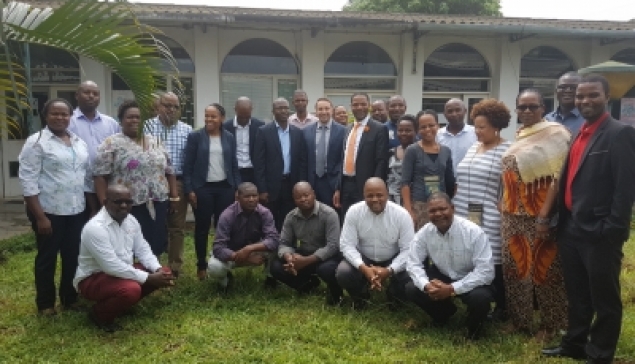
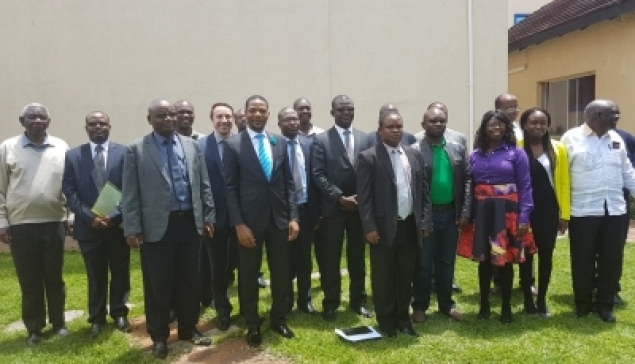
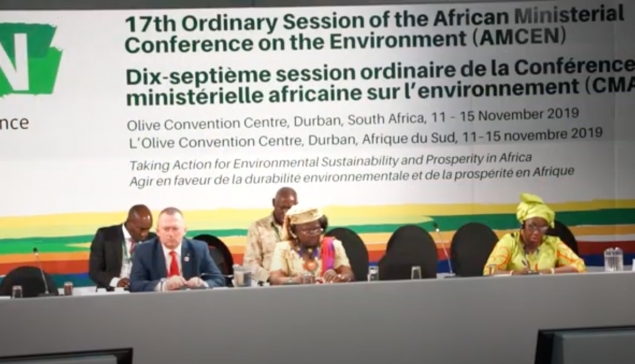

_large.jpg)
